Employee Wellness

Employee Motivation 2.0: Modern Hacks vs. Traditional Methods
Sitting in his corner office, Amit, the CEO of a fast-growing tech firm, rubbed his temples in frustration. “We’re losing good people,” he muttered, scanning the latest resignation letter on his desk. “Our turnover is skyrocketing, productivity is slipping, and I can feel the low energy in the office. What’s going wrong?”

Parental Pressure and Mental Health: The Unspoken Struggle of Indian Youth
Parental expectations are a universal experience, but in India, they often come with immense pressure. From scoring high marks 📚 to securing a high-paying job 💼, the burden on Indian youth is immense. While parents want the best for their children, excessive expectations can take a toll on mental health, leading to anxiety, depression, and even suicidal thoughts.

The Mental Health Crisis Among Indian Students: What Can Be Done?
In recent years, the mental health crisis among Indian students has become a growing concern. The pressure to excel academically, social expectations, economic constraints, and personal struggles create a highly stressful environment that takes a toll on their mental well-being. While awareness about mental health is increasing, there is still a significant gap in access to proper care and support. Addressing this issue requires a collective effort from educational institutions, parents, policymakers, and mental health professionals.

The Importance of Mental Health Breaks: How to Prevent Burnout During Exams and Deadlines
In the fast-paced world of academics, the pressure on students is immense. This is particularly true in India, where the academic system places a high value on scores, competitive exams, and rigorous study schedules. For students striving to meet these demands, burnout is a real and prevalent risk. Understanding the importance of mental health breaks can be crucial for sustaining both academic performance and overall well-being.

Importance of Mindfulness in Student Life: Techniques to Reduce Stress
Student life can be both exciting and stressful. It’s a journey filled with academic challenges, social pressures, and the constant need to balance responsibilities. Amid this fast-paced environment, students often feel overwhelmed, anxious, or emotionally drained. To navigate through these experiences and promote well-being, mindfulness has emerged as a powerful technique to reduce stress and build resilience.

Financial Stress in Students: How It Affects Mental Wellness
Financial stress is a prevalent issue among students, impacting their mental health and academic performance. For many students, education represents the gateway to opportunities, but financial pressures can make this journey a stressful one. College expenses, loan burdens, and day-to-day expenses contribute to the overwhelming sense of financial insecurity. This financial stress is not just about a lack of money; it brings along emotional and psychological consequences that affect a student's well-being.

Cyberbullying and Its Effects on Student Mental Health
In the digital age, technology has revolutionized the way we communicate, learn, and engage with the world. Social media platforms, online forums, and messaging apps offer incredible opportunities for connection. However, these platforms have also given rise to a dark side of digital interaction—cyberbullying. Cyberbullying involves using digital platforms to harass, demean, or target individuals, causing emotional distress and psychological harm.

Parent Expectations vs. Student Aspirations: Finding a Balance
In today’s fast-paced world, the relationship between parent expectations and student aspirations is increasingly becoming a focal point in discussions surrounding education and personal development. Parents often envision a future for their children that is filled with success, stability, and opportunities. While these intentions are typically rooted in love and care, they may sometimes conflict with a student's personal dreams and aspirations, leading to friction and anxiety.

Peer Pressure and Its Impact on Mental Health: How Students Can Cope
Peer pressure is an unavoidable part of student life, especially during adolescence and young adulthood. As students navigate social dynamics and academic pressures, they often face the challenge of conforming to the expectations of their peers. This can be positive, encouraging students to adopt healthier behaviors, or negative, leading them to engage in harmful or risky activities. In this blog, we will explore peer pressure's profound impact on mental health, especially for students, and introduce coping strategies to help them handle these challenges effectively.

Coping with Exam Anxiety: Practical Tips for Students
Exams are a significant part of academic life, but they often come with stress and anxiety. While a little stress can motivate students to study, excessive anxiety can hinder their performance and affect their mental and physical health. Exam anxiety can manifest in various ways, such as nervousness, panic, fear of failure, and even physical symptoms like headaches or nausea. Thankfully, there are effective ways to cope with this anxiety and improve concentration, retention, and performance during exams.

Mental Health for Students in India: Overcoming Academic Pressure
Academic pressure is a significant concern for students in India, where societal expectations, competition, and high-stakes exams weigh heavily on young minds. This pressure can lead to anxiety, depression, burnout, and other mental health challenges if not addressed effectively. Understanding how to manage academic stress while focusing on overall well-being is essential for students navigating the demanding educational landscape.
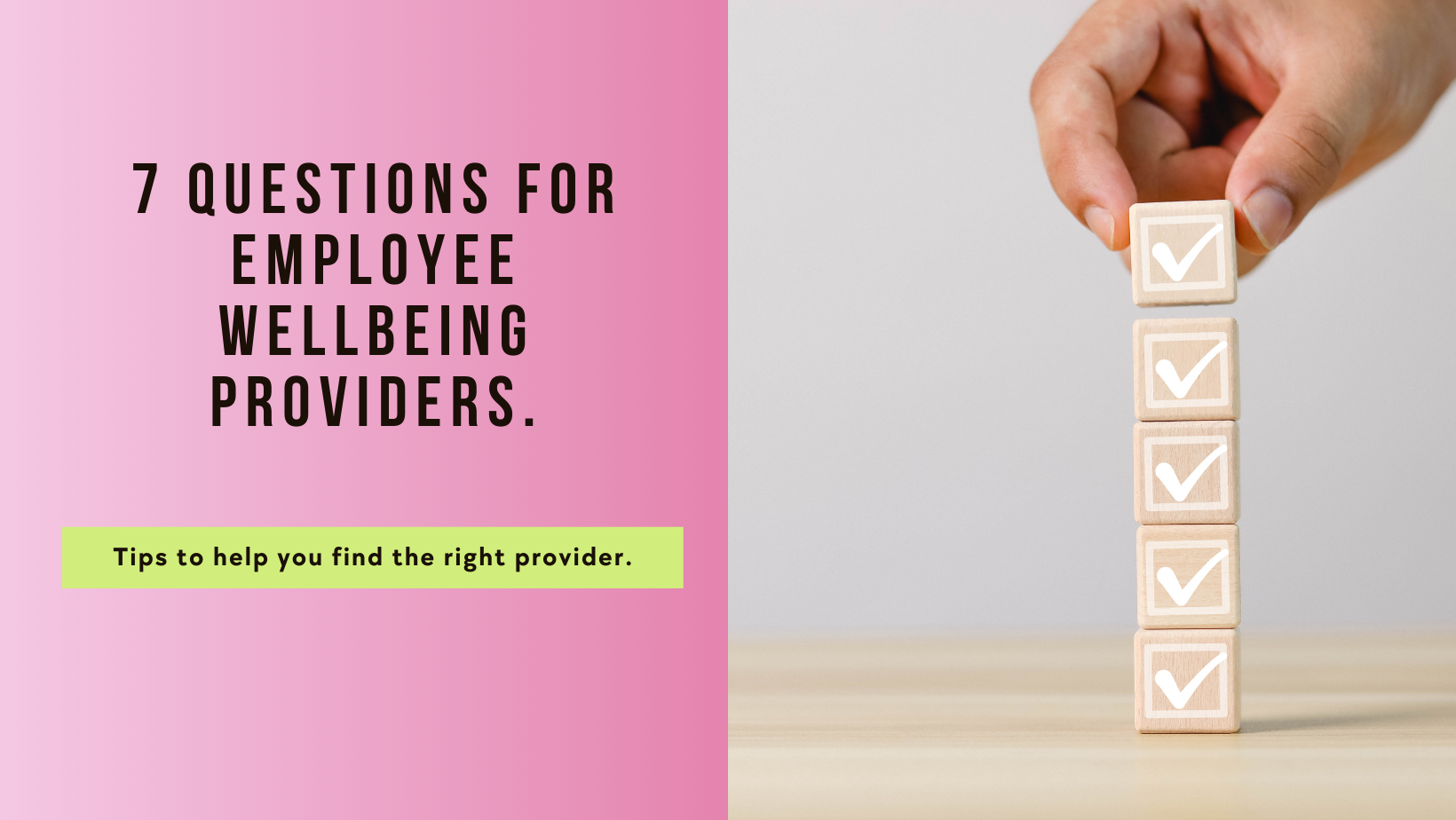
7 questions you should ask every employee wellbeing provider
7 questions you should ask every employee wellbeing provider Selecting an employee well-being provider is a critical decision for organizations committed to fostering a healthy and productive workplace. With the growing awareness of mental health in India, companies are increasingly seeking comprehensive solutions like CareMe Health to support their employees' well-being. When evaluating potential providers, asking the right questions can guide you to make an informed choice that aligns with your organization's values and needs. Here are seven essential questions to consider, backed by insights from studies and real-world practices.

The mental health benefits employees expect from their employers
The Mental Health Benefits Employees Expect from Their Employers As we navigate the complexities of the modern workplace, the importance of mental health support has never been clearer. Employees across India are seeking workplaces that not only acknowledge but actively support their mental well-being. Here's what employees are looking for and how CareMe Health is meeting these needs.

Mental health care and mobile tech: How CareMe achieves the magical mix
Mental Health Care and Mobile Tech: The Magical Mix of CareMe Health In today's fast-paced world, where the lines between physical and digital realms increasingly blur, mental health care has found a new ally in mobile technology. CareMe Health, an avant-garde mental health startup based in India, is at the forefront of this revolution, offering a harmonious blend of traditional care principles and cutting-edge technology. Let's explore how CareMe Health
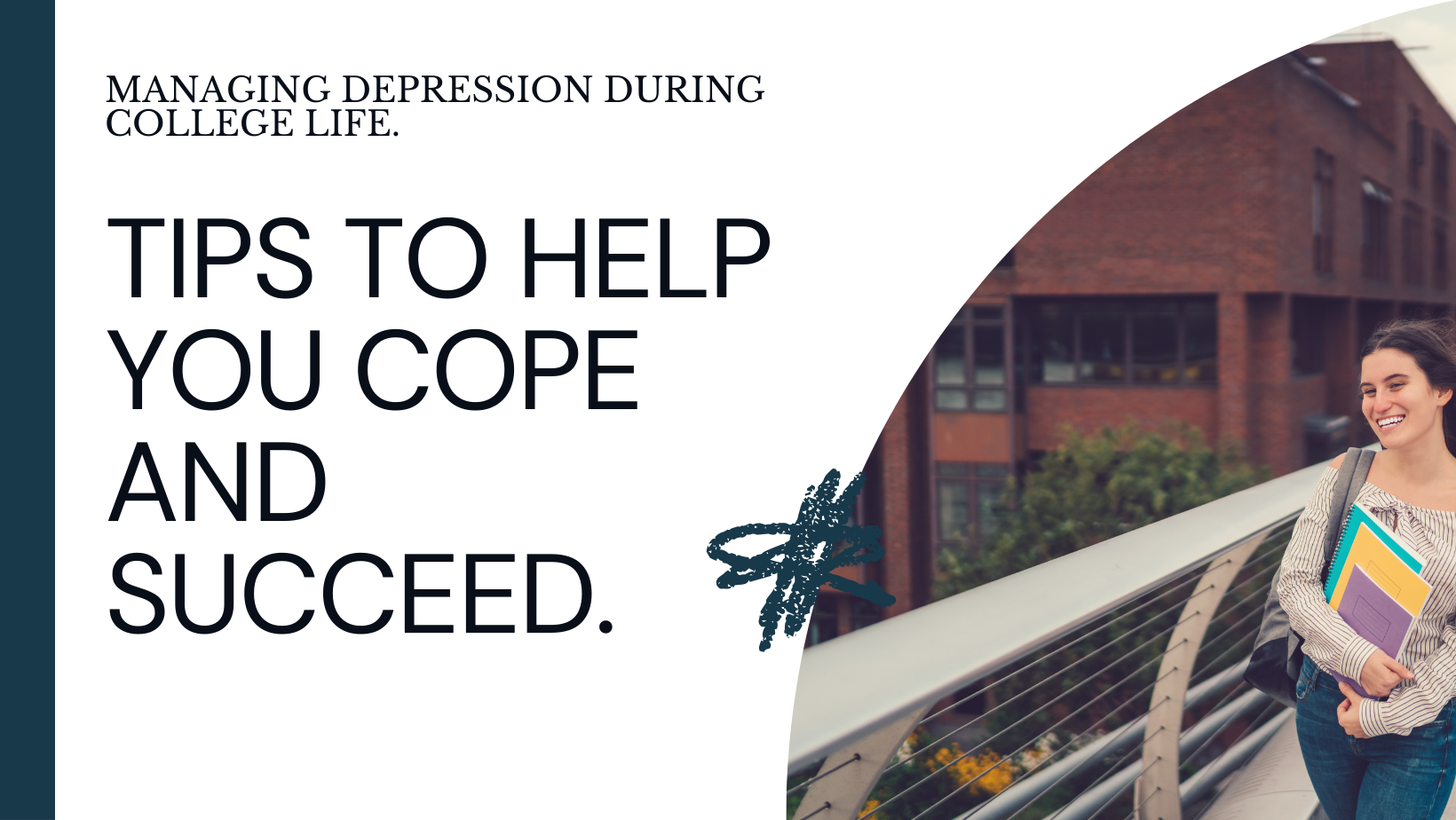
College Blues Getting You Down? Tips to Manage Depression During Studies
College Blues Getting You Down? Tips to Manage Depression During Studies College is a time of exploration, learning, and growth. But for many students across India, it's also a period marked by stress, anxiety, and sometimes, depression. The transition to college life, coupled with academic pressures and personal adjustments, can be overwhelming. If you're feeling the college blues, you're not alone. Here are some actionable tips to help you manage depression during your studies, with a special focus on how CareMe Health can support you on this journey.
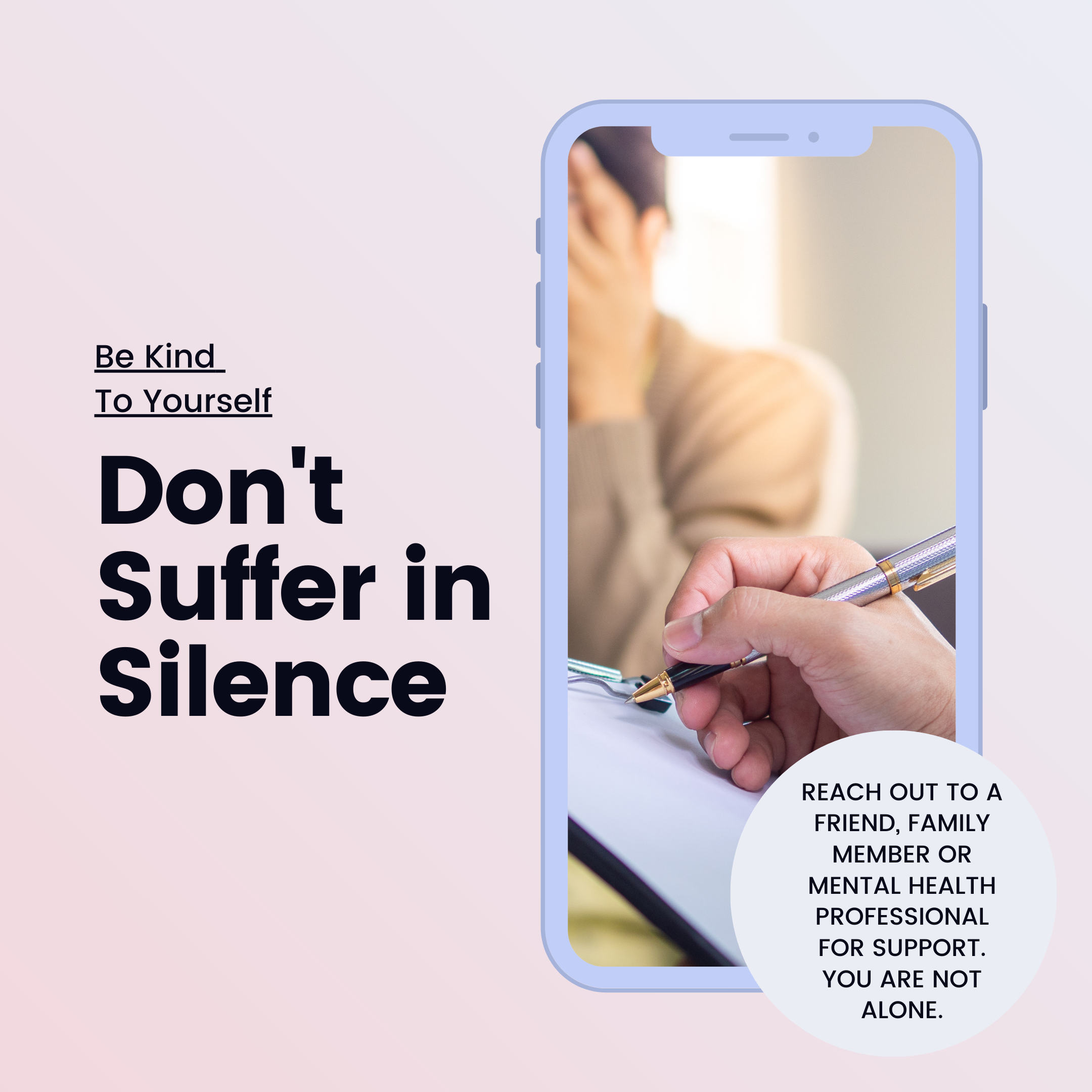
Don't Suffer in Silence: Talk to Someone About Feeling Depressed
Don't Suffer in Silence: Talk to Someone About Feeling Depressed In the rich tapestry of Indian society, where vibrant traditions meet modern aspirations, the topic of mental health often remains veiled in silence. Depression, a common yet misunderstood condition, lurks in the shadows of this silence, affecting millions across the nation. It's time to break the silence and speak up. Remember, when feelings of depression weigh you down, talking to someone can be the first step toward lightening the burden.
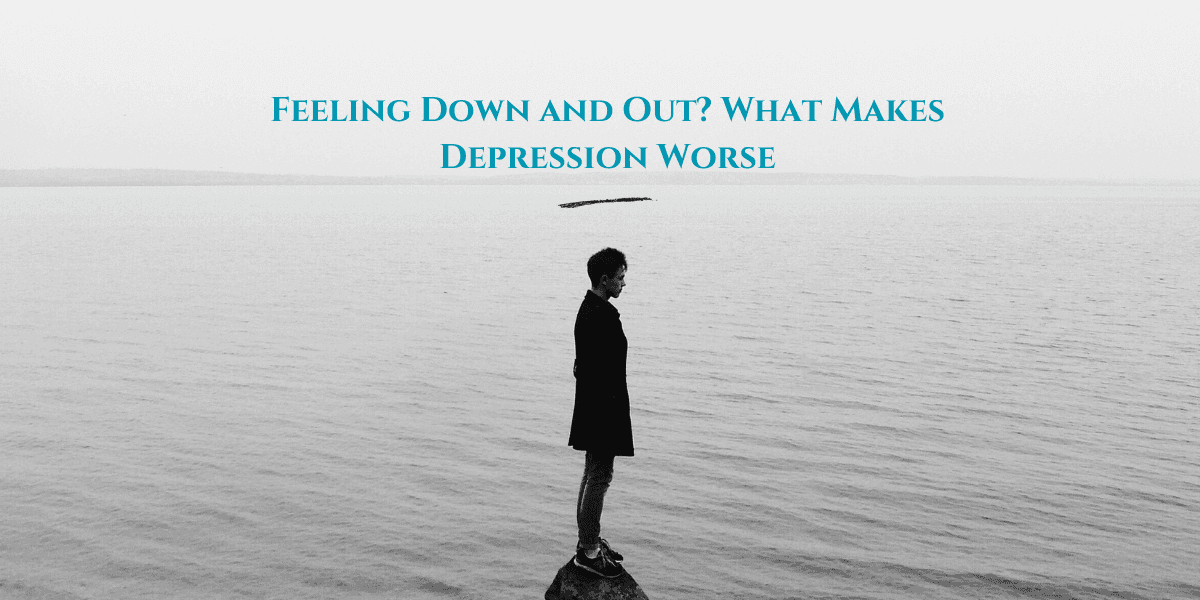
Feeling Down and Out? What Makes Depression Worse
Feeling Down and Out? What Makes Depression Worse In the vibrant tapestry of Indian society, where the hustle of daily life merges with the rich hues of culture and tradition, mental health often takes a backseat. Depression, a common but serious mood disorder, affects many, yet the conversation around it remains shrouded in silence. Understanding what exacerbates depression is crucial, especially in the Indian context, where unique cultural, social, and economic factors come into play.

College Got You Stressed? Beat the Pressure and Find Your Calm
Navigating college life, with its myriad of challenges and opportunities, can often feel like a high-wire act, especially for students in India. The transition from school to the more autonomous environment of higher education can be exhilarating yet daunting, bringing with it academic pressures, career decisions, and personal growth experiences. In this context, managing stress becomes not just beneficial but essential for holistic well-being and academic success. CareMe Health, a pioneering mental health startup in India, offers a range of features designed to support college students in their journey towards stress management and mental wellness.

Need Someone to Talk To? Who You Can Open Up to About Feeling Stressed
Need Someone to Talk To? Who You Can Open Up to About Feeling Stressed In the bustling life of India, where the vibrant colors of culture blend with the rapid pace of modernization, stress has become a frequent visitor in the lives of many. Finding someone to talk to in these moments can be more than just comforting; it can be a lifeline. Let's explore the avenues available for those feeling the weight of stress and how CareMe Health emerges as a beacon of support and understanding.

What Causes Stress to Get Worse?
What Causes Stress to Get Worse? An In-Depth Look with CareMe Health In our fast-paced world, stress has become a constant companion for many of us. But what turns everyday stress into a more severe problem? Understanding the factors that exacerbate stress is crucial, especially in the context of the diverse and vibrant landscape of India. This blog delves into these factors, supported by scientific evidence, and showcases how CareMe Health is your ally in managing stress effectively.

Psychological Counseling for Students: A Guide
Mental Health is a growing concern among students in India, and its significance cannot be overstated. The pressures and challenges faced by Indian students have led to an alarming rise in stress, anxiety, and depression cases. In recent years, it has become increasingly evident that a large number of Indian students are grappling with their mental well-being.

Make Your Employees Feel Valued With These 10 Wellness Gifts
In today’s fast-paced and stressful work environment, taking care of one’s well-being is more important than ever. As an employer, you have the opportunity to show your employees that you care about their well-being by giving them gifts that support their physical, mental, and emotional health.

6 Steps Of Effective Decision Making
The “Define the problem and gather information” process is the first step in problem-solving. It involves identifying the issue that needs to be addressed, clarifying the nature of the problem, and collecting all the relevant information to help in the resolution.
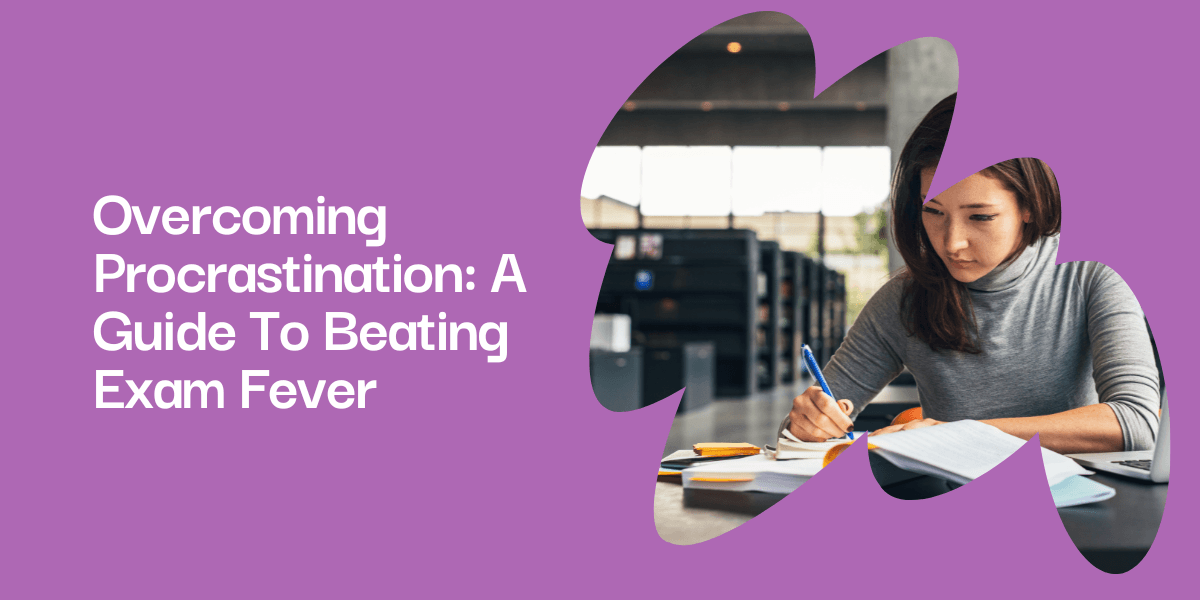
Overcoming Procrastination: A Guide To Beating Exam Fever
Exam fever is a term one uses to refer to the gamut of emotions you experience when faced with an examination.

10 Fun And Engaging Wellness Activities For Your Workforce
Wellness activities have become an increasingly important aspect of many organizations’ employee engagement programs. These activities aim to promote physical, mental, and emotional well-being among employees, which can lead to improved health and reduced stress levels

How To Recognize The Signs Of Stress And Help A Stressed Employee
Now more than ever stress is having a significant negative impact on the physical emotional and psychological being of humans. In one view, stress also called eustress leads to positive responses-like the feeling before going on a rollercoaster or finishing that last round of set in the gym

Elevate Student Mental Health: Careme Health’s Powerful Solution In Crisis Times
In recent years, the mental well-being of young students has become a major public health concern.

5 Ways To Create Healthy Organizational Culture
There’s no magic formula for great company culture. the key is just to treat your staff how you would like to be treated
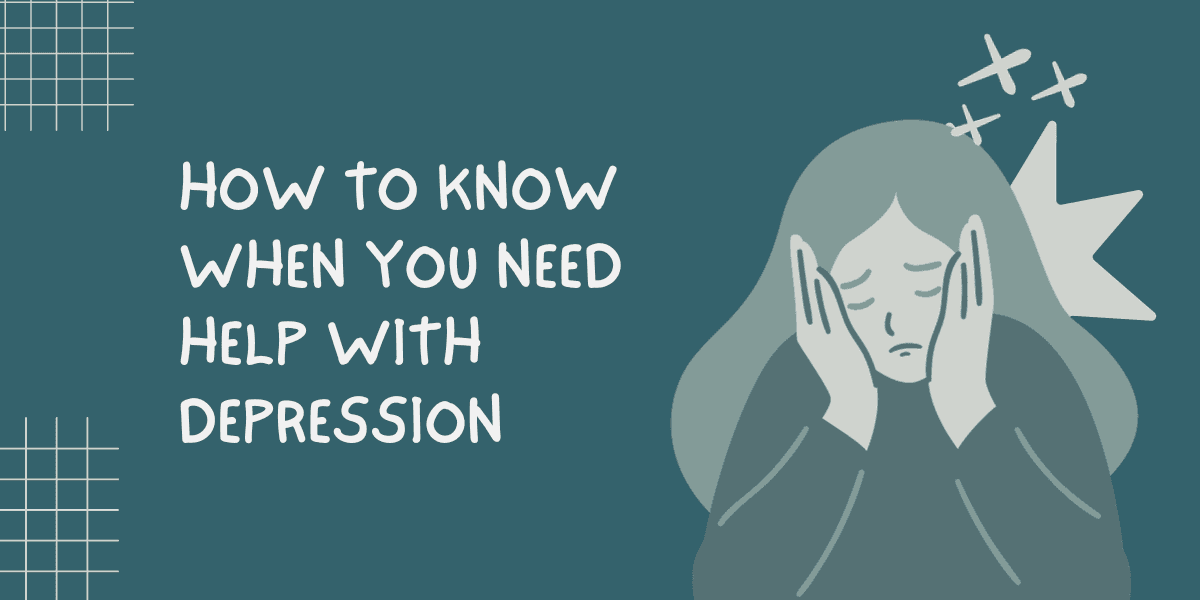
How To Know When You Need Help With Depression
Life is of ups and lows. Even the mighty mountains have high peaks and low steeps, so it is only normal for us to feel low from time to time.
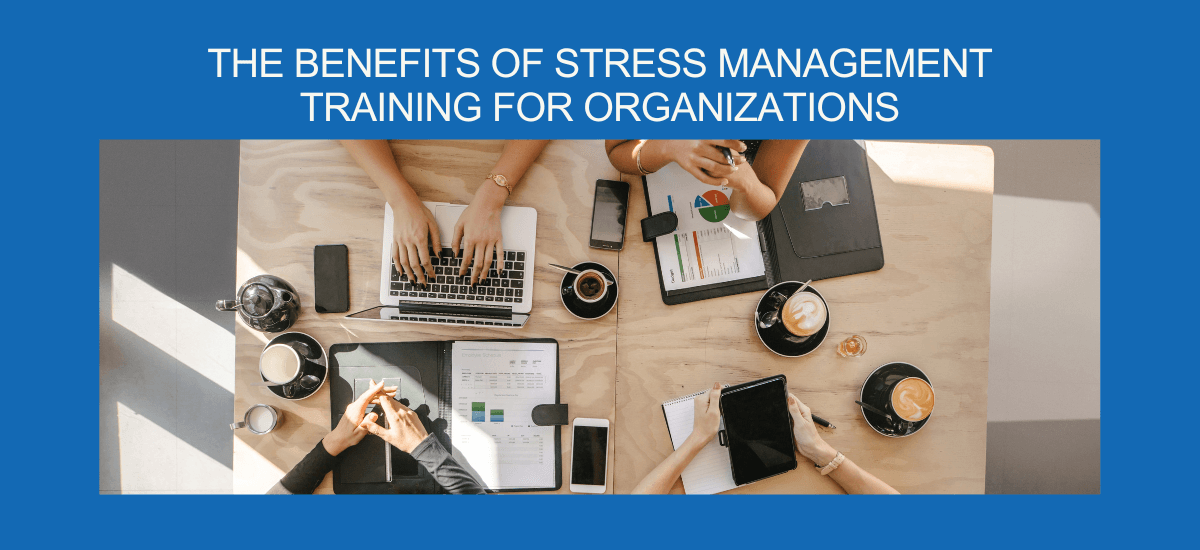
The Benefits Of Stress Management Training For Organizations
Stress management training for employees is becoming increasingly important as the demands and pace of work continue to increase. Chronic stress can have a negative impact on an employee’s mental and physical health, as well as their work performance.